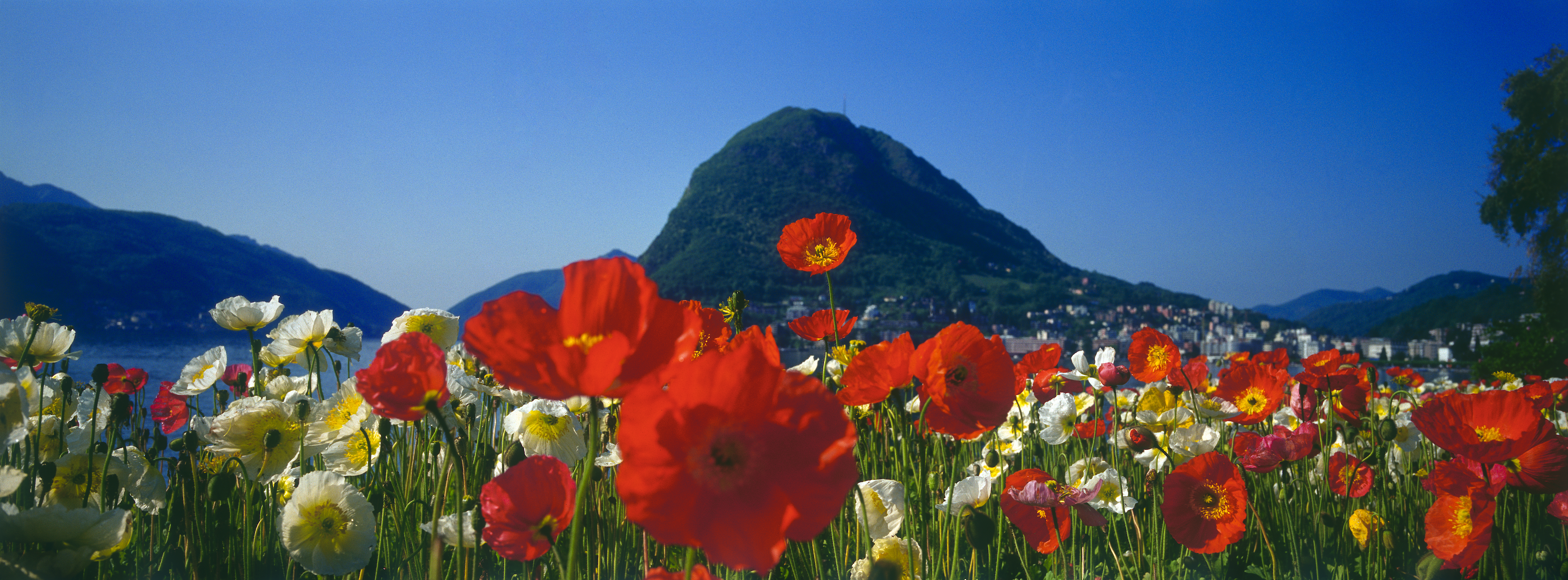EuroHack18: GPU Programming Hackathon
The Swiss National Supercomputing Centre is pleased to announce that the fourth GPU-programming hackathon will be held from October 01 to 05, 2018 at the Hotel De La Paix in Lugano, located in the Italian area of Switzerland.
Background
General-purpose Graphics Processing Units (GPGPUs) potentially offer exceptionally high memory bandwidth and performance for a wide range of applications. The challenge in utilizing such accelerators has been the difficulty in programming them. Today, these devices can be programmed with the CUDA/C++ programming platform or with OpenACC Directives for Accelerators, which offer straightforward extensions to C++ and Fortran to address this programming hurdle. Alternative programming paradigms such as OpenCL or Kokkos can also be employed.
Workshop Goal
EuroHack provides a unique opportunity for current or prospective users groups of large hybrid CPU-GPU systems to either (1) port their (potentially) scalable application to GPU accelerators, or (2) optimize an existing GPU-enabled application, on a state-of-the-art GPU system. The goal is that the development teams leave at the end of the week with applications running on GPUs, or at least with a clear roadmap of how to get there.
Target Audience and Format
You form a team of minimum 2 to maximum 4 developers with mission to port or optimize your application on a cluster of GPU accelerators. You cannot find time during the year due to the demands of science and teaching and are looking for a retreat to accomplish this mission in a short, but extremely intense, time window. This is a great opportunity for grad students and post-docs.
Collectively the team should know the application intimately. There will be intensive mentoring during this 5-day hands-on workshop. Our mentors come from national laboratories, universities and vendors, and besides having extensive experience in programming GPGPUs, many of them develop the GPU-capable compilers and help define the OpenACC standard. Space will be limited to 8 teams, with 2 mentors for each team.
Ok, so how can we attend?
The application period is now open. The team coordinator needs to fill out the application 2018 GPU Hackathons website (please select “CSCS hackathon”) and give us as much information in the form as possible) by July 8, 2018 (anywhere on Earth). Groups will be notified about acceptance or rejection of their application by Friday, July 26, 2018. Please note that, in contrast to the on-line application form, we can only accept teams with 2-4 members.
Groups whose application successfully passes the selection process will need to register for the event to confirm participation within one week from notification of acceptance. The notification of acceptance will include information on how to register.
What applications is EuroHack targeting?
No application specifically, but preferably a scalable, distributed parallel one. We hope to have open-source community codes (e.g., Berkeley or MIT licenses) in need of porting individual modules, i.e., with a well-defined subset of 2-10K lines of code with a unit test. The latter is crucial for incremental development without introducing bugs.
So what is in it for the participants?
Besides your code running lightening fast on a hybrid CPU-GPU machine like CSCS_Piz_Daint?
During the workshop, we will enable your amazing transformation to GPU programmer and present your team with a certificate in front of your admiring fans. And you will be able to do all this in one of the most beautiful areas in central Europe.
Participation costs
Participation in the workshop is free of charge. The meeting room, lunches and one conference dinner, as well as access to the supercomputers throughout the event are offered by the Swiss National Supercomputing Centre (CSCS). Mentors and learning materials are provided by CSCS and NVIDIA (an official event sponsor), Oak Ridge National Laboratory and other partner organizations.
Participants are responsible for their travels to the meeting venue, their accommodation, 4 dinners during the week, and personal expenses.
We made a room block reservation at the venue where the event will be located. If you wish to overnight at the hotel where the Hackathon will be hosted, please refer to the instructions in the paragraph below.
Venue
In order to offer a good atmosphere for a week of intense programming, we have chosen Hotel De La Paix in Lugano, Switzerland, only minutes by foot to the scenic Lake of Lugano.
Hotel De La Paix
Via Cattori 18
6900 Lugano
Switzerland
Email address: booking@delapaix
Telephone number: +41 91 960 60 60
Accommodation
Please contact the hotel to make your individual booking and remember to mention that you are a participant in the EuroHack 2018.
Room block code: EuroHack 2018
The room block will be released on September 01, 2018. We cannot guarantee room availablity after this date.
Single room for single use: CHF 150/night
Double room for single use: CHF 155/night
Double room for double use: CHF 210/night
These rates include breakfast, service and VAT. Tourists have to pay taxes per person/night in the amount of CHF 5.80.
Travel Information
Lugano is easy to reach with several means of public transportation.
- Airplane
Malpensa Airport (Milan, Italy) is 1 h 20 min drive from Lugano. An express shuttle bus connects Lugano main station to Malpensa Airport. Make sure you book the shuttle in advance. Go to the Malpensa Shuttle website to view the timetable and make a reservation online.
Zurich Airport is a 2 h 40 min train ride from Lugano that will take you through central Switzerland and through winding tunnels to cross the Alps. Well worth the trip for rail enthusiasts.
- Rail
The FFS, the Swiss railroad network, is extremely widespread and permits one to reach every inhabited centre of the country.
Whom can I contact for more information or questions?
Please contact William Sawyer (wsawyer_AT_cscs.ch) for questions related to the EuroHack content, or Raluca Hodoraba (raluca_AT_cscs.ch) for questions related to the workshop logistics.

